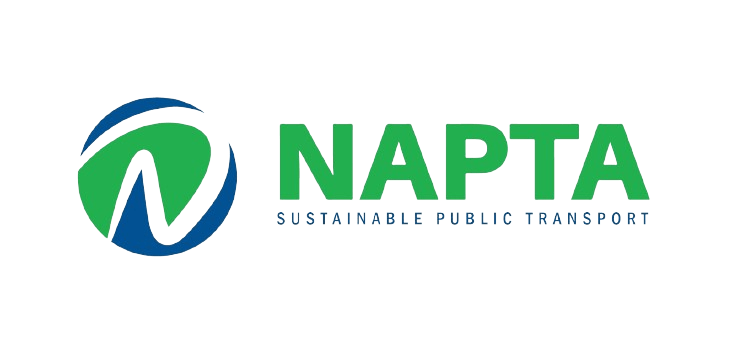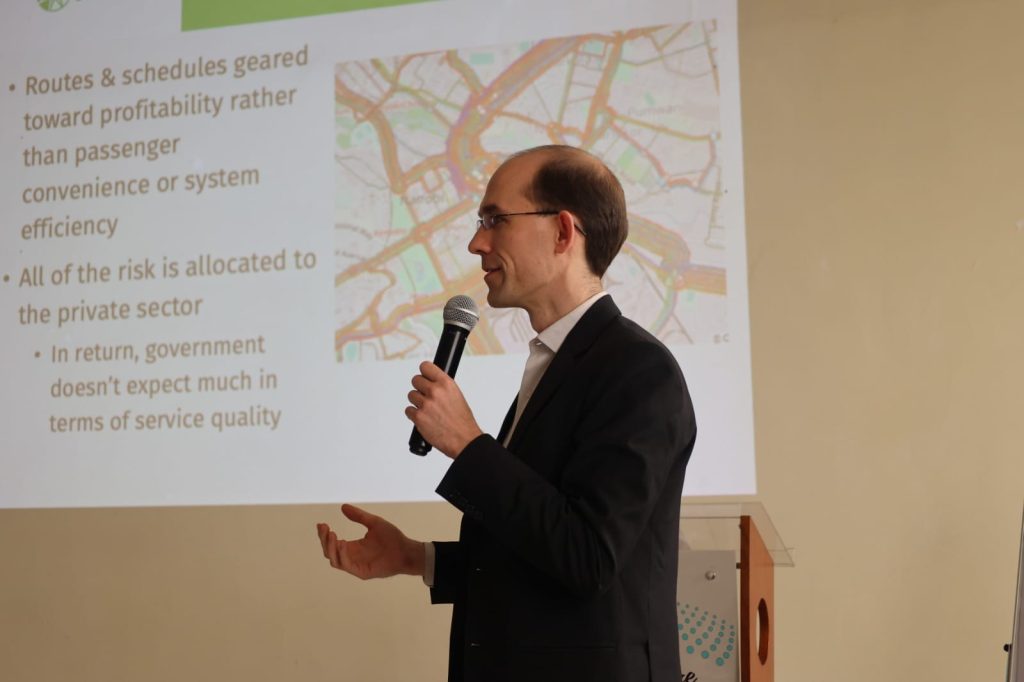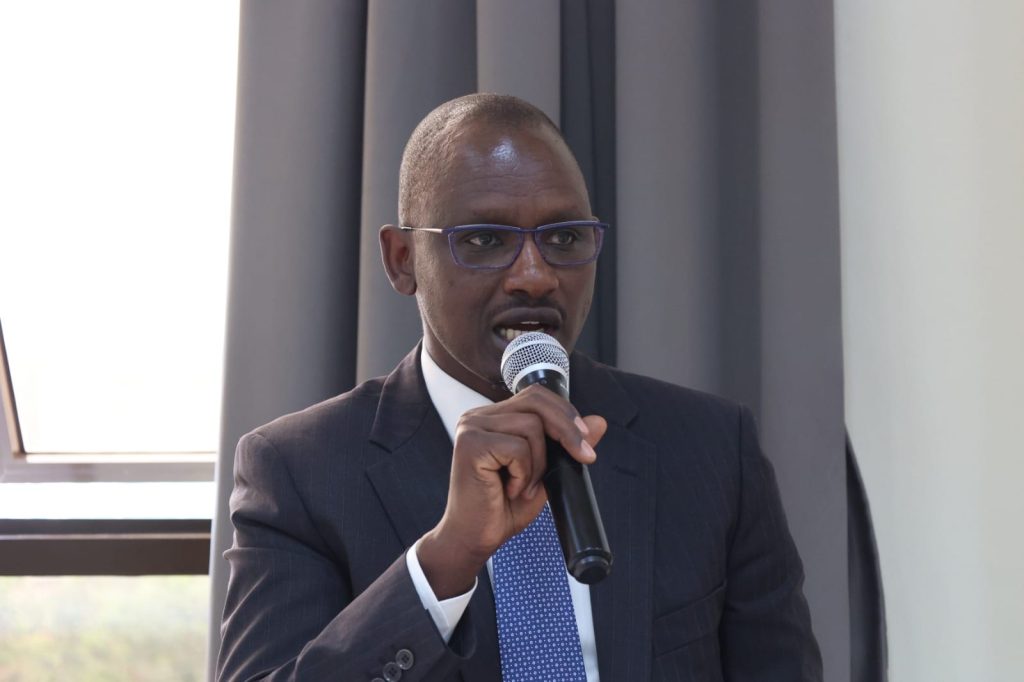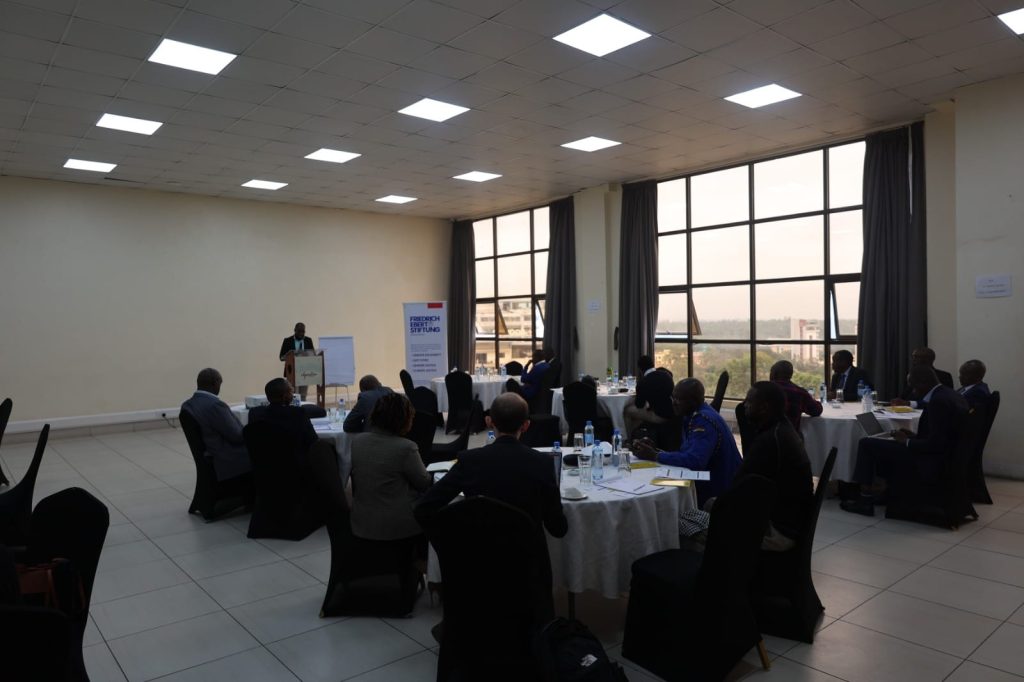Directline Assurance is the biggest PSV insurer in Kenya currently underwriting Ksh 1.66 billion in Gross premiums from Motor Commercial PSV covers, giving it a 60.79% market share according to data by Insurance Regulatory Authority (IRA). Third party risks are governed by CAP 405 Laws of Kenya for Public Service Vehicles.
Recently, Directline Assurance issued a circular directing all Insurance Intermediaries, Agents and PSV Policy Holders to adopt and implement a digital passenger manifest for verification of claimants after the occurrence of accidents. This will enhance the process of injury claims management as well as adequately respond to the timelines being applied following judgments issued by Small claims court.
Further, Directline directed all Public Service Vehicles to be insured by them, will be required to register with a Cashless Passenger Manifest System. The company stating that it will provide the technology for the consolidation of the same. This will be operationalized through digital fare payment.
The company further stated that effective 1st February 2024, it will only issue policies to PSV vehicles that have a registered digital payment method from any of the payment gateways for example Mpesa, Till available in the country.
It is evident that underwriting the Matatu sector has been a big challenge for most of underwriters in Kenya and this explains why in Kenya, we have at least three insurers of this class of insurance business. One of which recently was placed under receivership by the Insurance Regulatory Authority (IRA). This has been the fate for some of the major previous Matatu insurers in the country a good example being Blueshield Assurance Company.
The key problems in underwriting Matatu risks being weak enforcement of traffic laws, lack of industry integrated motor insurance data system, fraudulent claims, weaknesses in regulatory framework and generous judicial awards all these resulting to bad claims experiences of this class of business.
In as much as the directive by Directline seemed untenable based on the views from many Matatu operators, others even citing the short notice period issued, the directive speaks to the essence of making the PSV insurance manageable and sustainable.
In Kenya there have been many innovations on Cashless payment. During the Covid 19 period whereby cashless payment was encouraged by the government to avoid the spread of the disease, many thought that the government would have then used that opportunity to ensure that this mode of fare payment is implemented and fully adopted going forward.
Some of the advantages of cashless payment include:
- Data Collection – Key being access to passenger manifest on a real time basis.
Digital fare collection also means transit agencies can collect more ridership data, assisting agencies in transit service planning
- Seamless Use Across Multiple Systems – allows integration and use alongside other technologies/functionalities
- Allows efficiency and accountability saving on revenues by PSV operators and even on the minimal side, preventing the hustle associated by reconciliation of revenues by the PSV crew each business day
Some of the disadvantages of Cashless Payment include:
- Technology Glitches – Even if a user owns a smartphone with data, there may be issues with its performance at the critical moment.
- Distribution of Cards – Even if cash can be used to load a transit card, if cards can only be obtained or reloaded in certain areas, this poses inconveniences to those whose only option to reload the card is with cash
- Privacy Concerns – While cashless systems do offer convenience, care must be taken to ensure that Personally Identifiable Information (PII) is handled properly so that passenger information does not fall into the wrong hands.
- Not Intuitive for Visitors – While less of a core equity issue, cashless fare systems can serve as a barrier to entry for people visiting a city for the first time. Many of us can relate to getting off a plane and wondering what app, card, or other system we need to learn in order to board the bus out of the airport
It is important to note, regardless of the above disadvantages of a cashless system, the advantages supersede the demerits. On the issue of Physical Cashless Payment Cards, most service providers have come up with innovative ways to incorporate and integrate their applications with passenger’s e-wallets which in turn is efficient. Access and subscription is done remotely and thus no need of even a physical card.
Secondly, the government of late has been kin on issues of Data protection and all the Cashless service providers have since been mandated to comply with the Data protection Act 2019, which was assented on 8th November 2019 ensuring utmost privacy on clients, in this regard, passengers data.
Cashless systems in Kenya need to comply also with Legal notice number 75 of 2014 that required any person desirous of providing the Cash light fare system service shall obtain a letter of no objection from the Central Bank of Kenya for purposes of security and regulations of the cash withheld in the system during transactions.
An ideal Cashless system need to also partner with a tier one bank offering more than just cash collection security but also other financial benefits and services much needed by the PSV operators key among them is access to affordable credit.
A good cashless payment system provider need also to have an end to end system that adds value to the PSV operators daily operations not only on fare collections but also on other aspects for example successful queuing function backed with real time data and functionality extending to Advance passenger bookings.
As the transport sector revolutionizes towards new innovations such as e-mobility, Kenya is also ripe to adopt Cashless systems all these measures making our Public Transport System seamless, efficient and sustainable.










